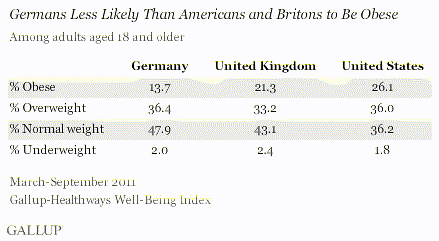America the Beautiful 2: The Thin Commandments
Posted onWhat Darryl Roberts is saying is that rather than focusing on weight, Americans should be focusing on their health. Read this interesting interview by CNN.
First off, because [if] you are defining [obesity] by BMI, then it’s erroneous. So what we may have as a problem in this country is a health problem. That I agree with. We show it in the film. We have a health problem. And what we also show in the film is that health problems come to people with or without weight. So the film is making the point that we should be focusing on the health of people and not their weight.
Where we have problems is lifestyle choices. We have too many people eating fast food. We have too many people not exercising. We have too many people not engaging in healthy lifestyle behaviors. My point is if we have more people engaging in healthy lifestyle behaviors, we will become a healthier nation, whether we lose weight or not. If you think about it — it makes sense, right?
A very interesting perspective.
I have just returned from my annual physical examination and report while I have lost weight and am still considered obese, I am in excellent health.
But, do I wish to lose additional weight?
You bet, so that I can run farther and faster.




